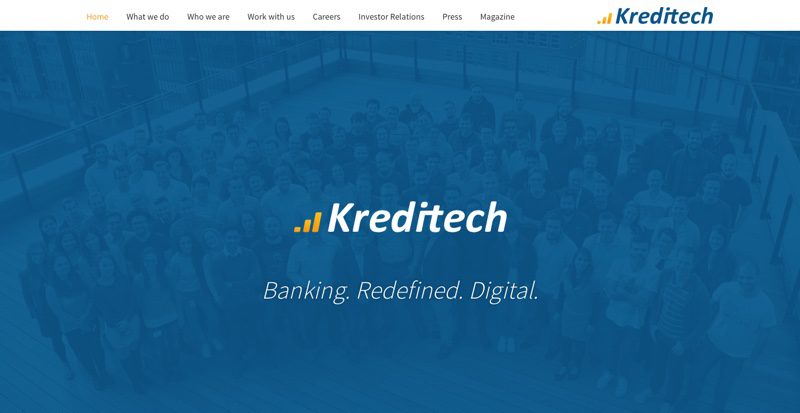In a round led by BlackRock, robo advisor Scalable Capital has raised $33 million (€30 million) in new capital. Also participating in the Series B were existing investors HV Holtzbrinck Ventures and Tengelmann Ventures. The company, with offices in London, U.K., and Munich, Germany, now has total funding of more than $45 million (€41 million). The investment gives BlackRock a minority stake in Scalable Capital; BlackRock’s Chief Operating Officer of EMEA, Patrick Olson, will join Scalable Capital’s Supervisory Board.
Adam French, Scalable Capital co-founder and CEO U.K., said the investment served as a “fantastic validation of our work so far” and would “open up new growth avenues” for the company. French added that bringing technology to bear in the wealth management business was “not just a competitive advantage, but a requirement for wealth management businesses to be successful in the future.” BlackRock’s Olson put the investment in the context of growing demand from European wealth managers and advisors for “high-quality technology-enabled investment solutions.” The firm’s investment in Scalable Capital, Olson said, “allows us to meet these evolving needs of our clients and their customers and to help shape their business models for the future.”
Pictured (left to right): Co-founders Erik Podzuweit (Co-CEO) and Adam French (U.K. CEO) demonstrating Scalable Capital at FinovateEurope 2016.
With more than €250 million in assets and more than 6,000 retail clients, Scalable Capital is a digital investment manager that invests client funds in globally diversified exchange-traded fund (ETF) portfolios. Calling itself “a service so cost-efficient, honest, and transparent that even a banker could use it, Scalable Capital differentiates itself from its rivals in the robo advisory space by its commitment to superior risk management. “We’ve developed a risk management technology which was previously reserved for institutional investors,” French announced at the beginning of his company’s FinovateEurope demo, adding “And we’re really excited to take this technology, and put it in the hands of retail investors.”
During their live demo, French and co-founder Erik Podzuweit showed how investors could determine their precise risk tolerance level and see how their willingness to take (or reduce) risk would likely affect future returns. Scalable Capital also avoids the vague marketing jargon that describes portfolios as “conservative” or “moderate” or “dynamic.” Podzuweit explained, “At the end of the day, that doesn’t tell you anything. What is a ‘moderate’ portfolio? Can I now lose half my portfolio more or less? And will this ‘moderate’ portfolio always stay moderate in all market conditions?” Instead, Scalable Capital quantifies the risk and gives it an institutional risk measure, value at risk. This measure gives investors a sense of maximum potential losses over a one-year horizon within a 95% likelihood.
“Why do we stress this risk point so much?” Podzuweit asked. Answering his own question, he continued: “Because risk, apart from costs, is the most important factor in investing. Risk is the currency you buy long-term performance with. And our clients should decide themselves how much of their currency they want to put on the table.”
Featured last month in Money Marketing, Scalable Capital was named to FinTechCity’s FinTech 50 this year, as well as being recognized for Financial Innovation of the Year from the Online Personal Wealth Awards. The company announced a doubling of assets in the first three months of the year to €200 million, the same month French earned a spot on the 2017 PAM Top 40 Under 40 roster. Founded in 2014, Scalable Capital demonstrated its risk management technology at FinovateEurope 2016.

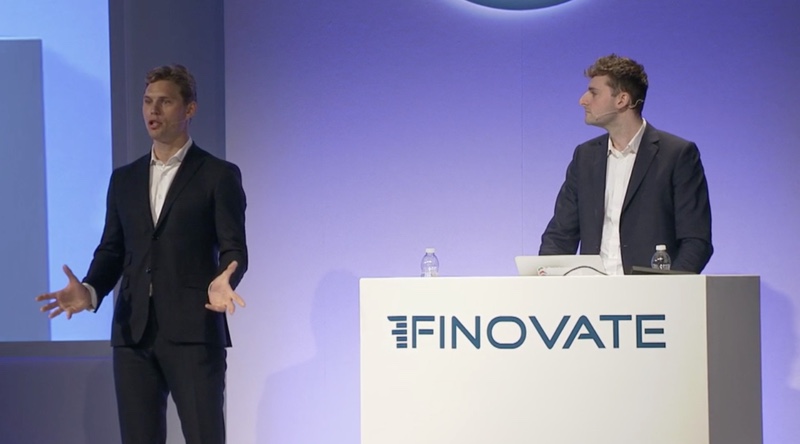

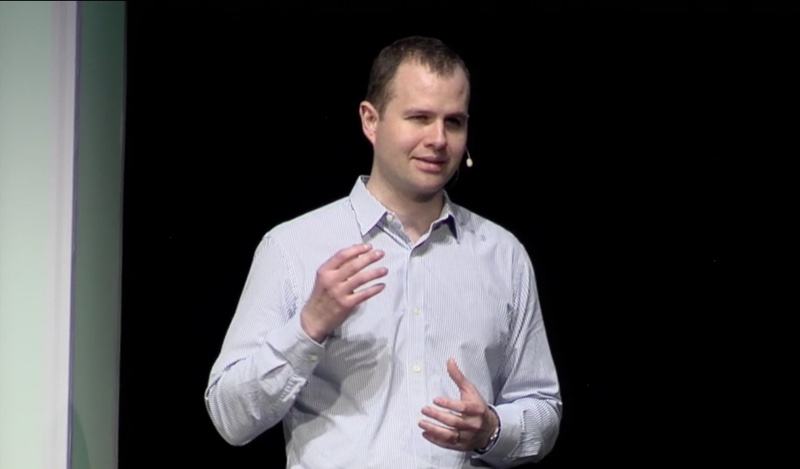
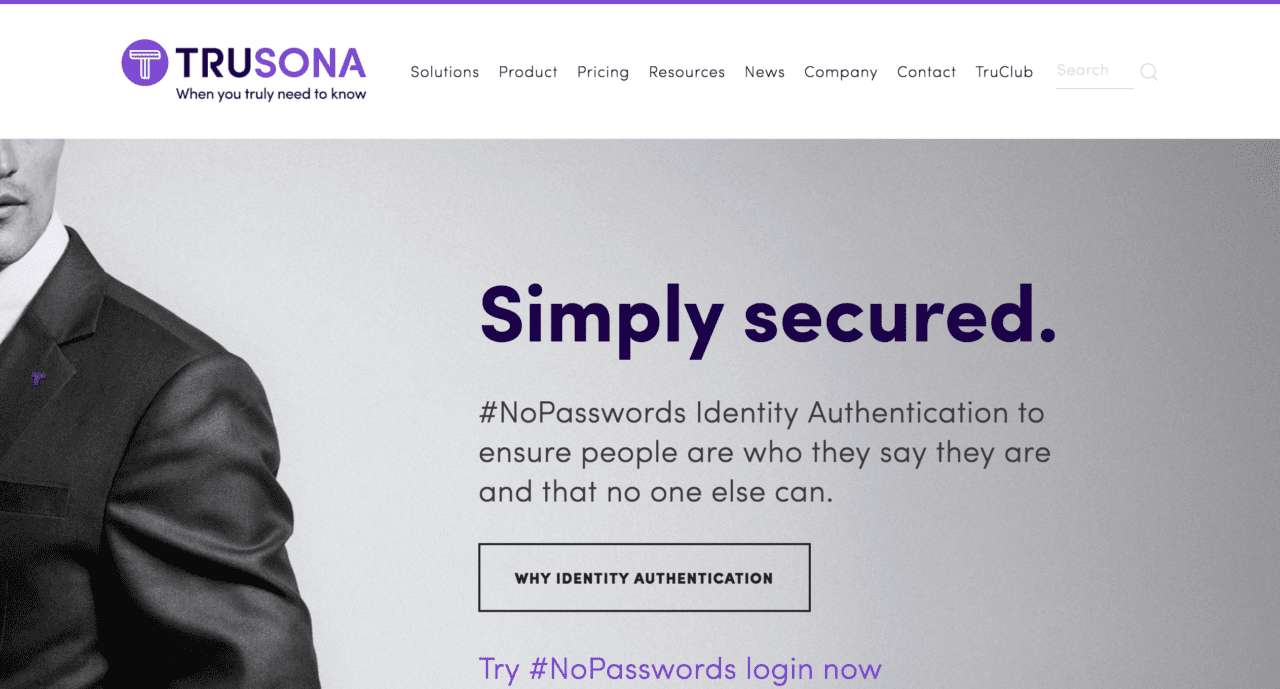
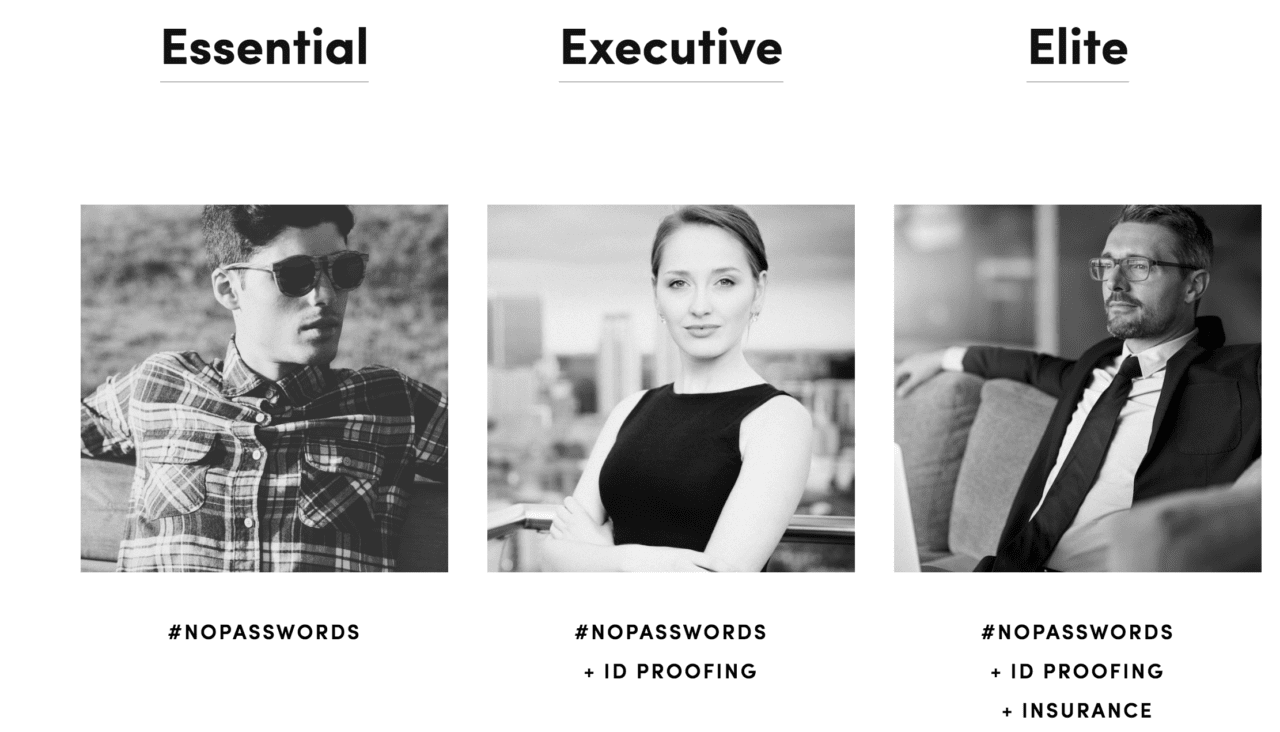

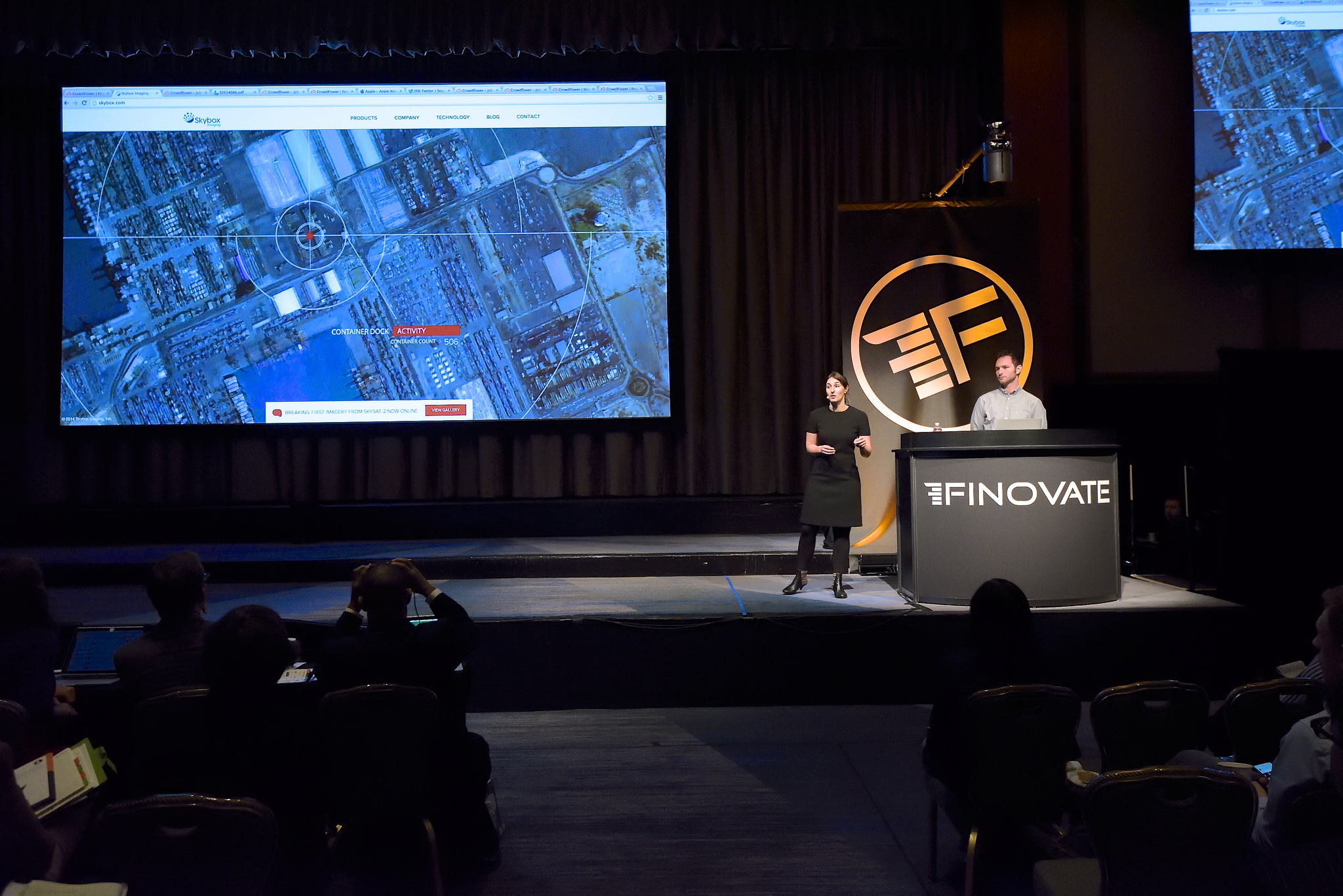


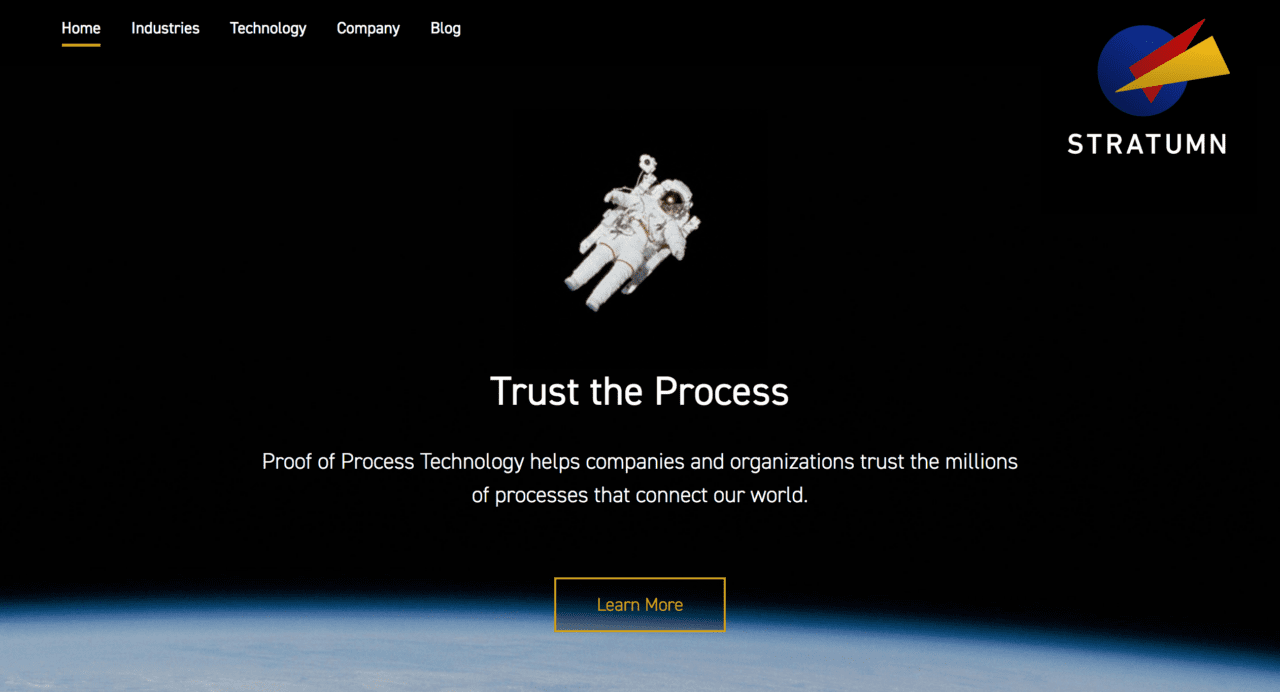
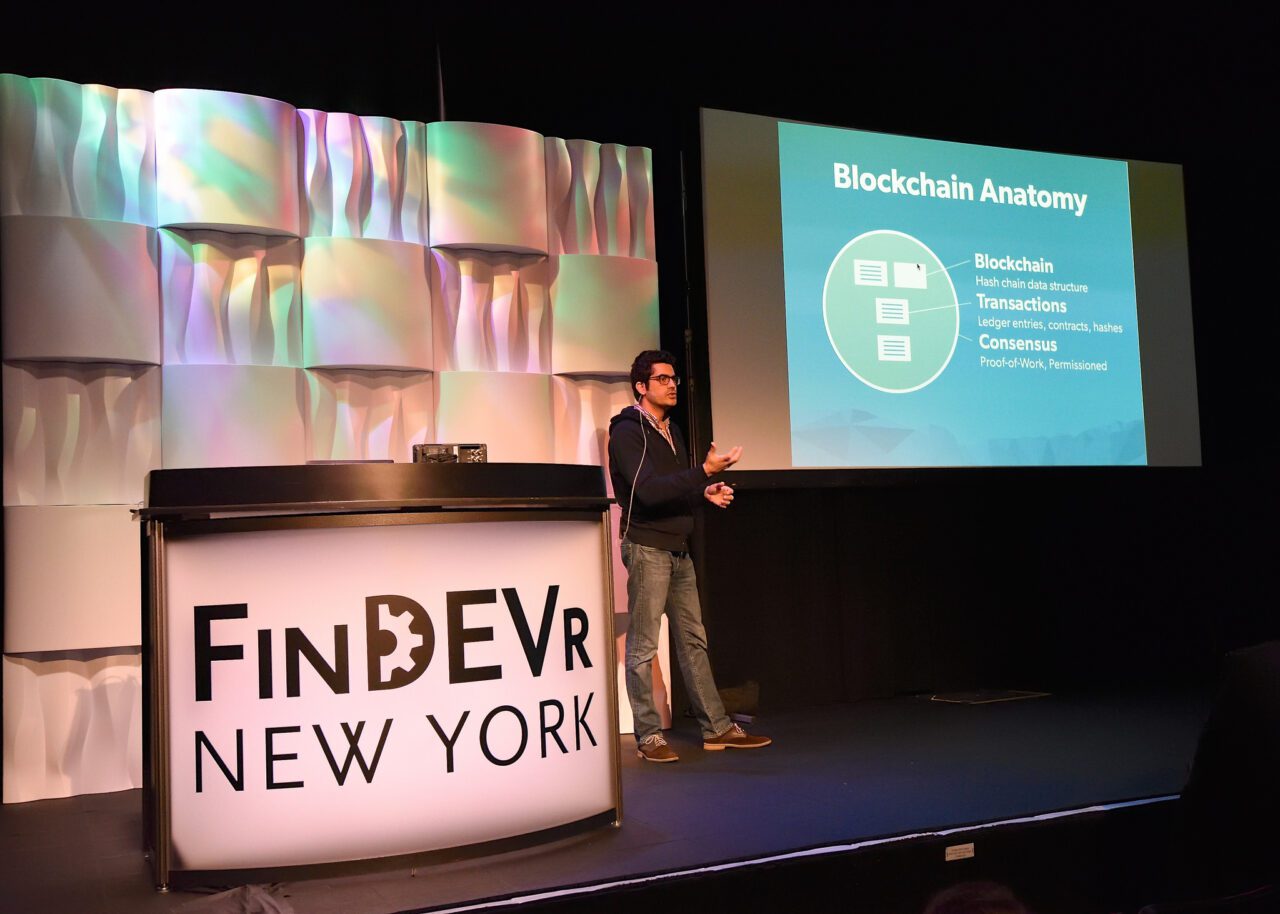

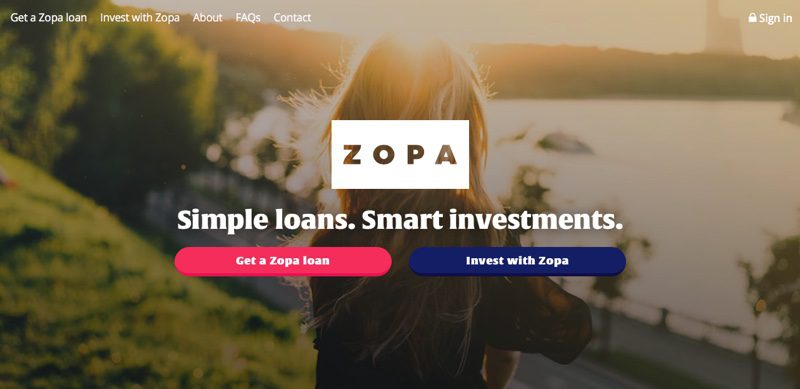
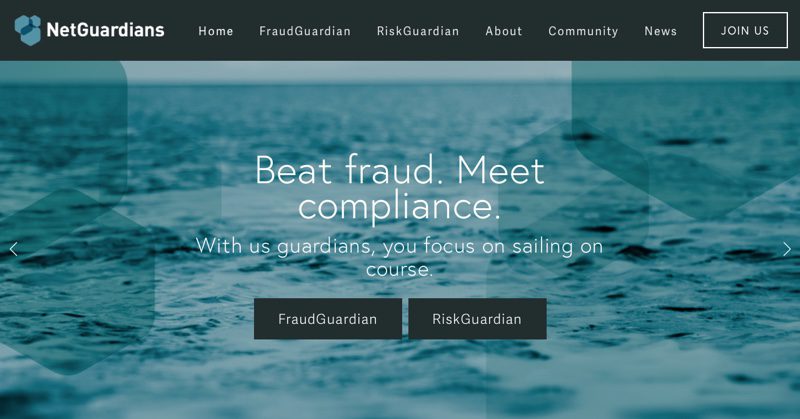

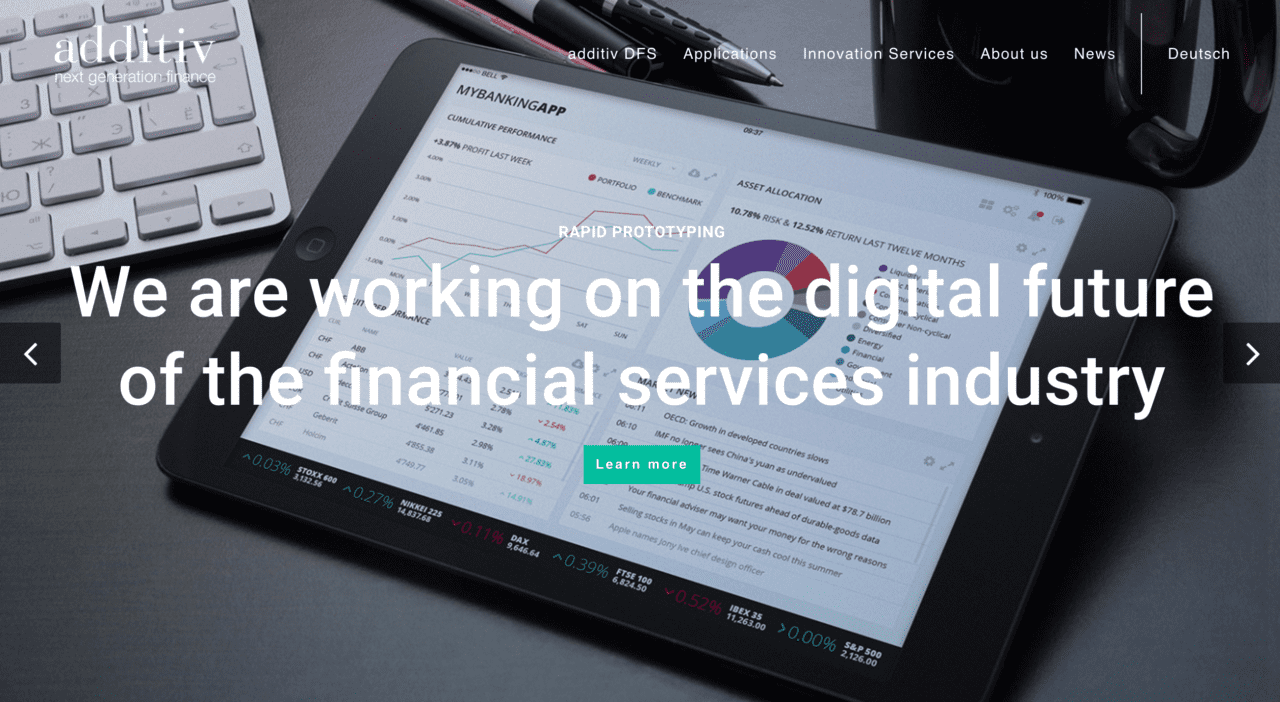
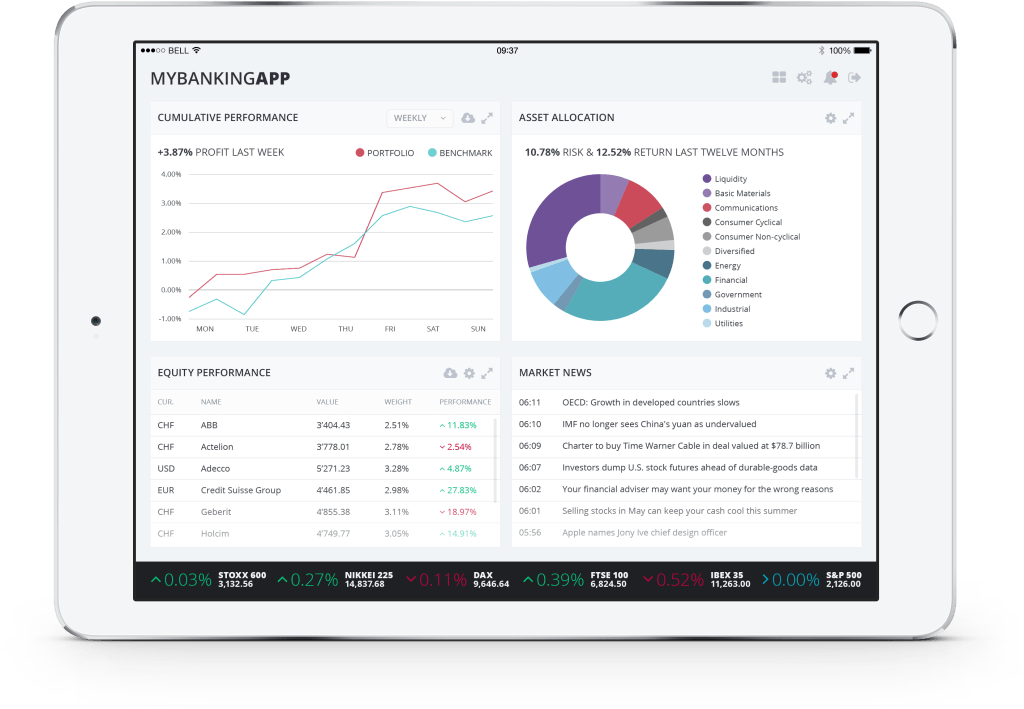 Founded in 1998, additiv offers a digital financial suite, robo advisor and advisor services, as well as digital mortgage tools. At FinovateEurope 2016, the company’s CEO and founder, Michael Stemmle, along with Adriano Lucatelli and Marc Sauter from Descartes Finance,
Founded in 1998, additiv offers a digital financial suite, robo advisor and advisor services, as well as digital mortgage tools. At FinovateEurope 2016, the company’s CEO and founder, Michael Stemmle, along with Adriano Lucatelli and Marc Sauter from Descartes Finance, 